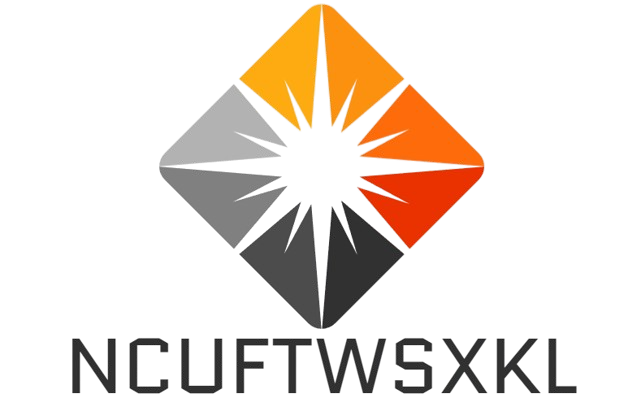Are you getting ready to purchase your first home? Are you already a homeowner who is looking for a better deal on your mortgage? If so, there is always more to learn about getting a great deal on your mortgage. Use the tips below to get a mortgage plan that is fair for you.
Be prepared before obtaining your mortgage. Every lender will request certain documents when applying for a mortgage. Do not wait until they ask for it. Have the documents ready when you enter their office. You should have your last two pay stubs, bank statements, income-tax returns, and W-2s. Save all of these documents and any others that the lender needs in an electronic format, so that you are able to easily resend them if they get lost.
Know how much you can afford to put towards your home mortgage. Do not rely on the lender to tell you the amount you qualify for, causing you to borrow the maximum amount. Try planning your budget and leaving some room for unexpected expenses. This is usually the case when you buy a home. You can use banking calculators to determine how much you can afford on a home and provide an estimate of the monthly mortgage payments.
Try getting pre-approved for a mortgage before you start looking at houses. This will make the closing process a lot easier and you will have an advantage over other buyers who still have to go through the mortgage application process. Besides, being pre-approved will give you an idea of what kind of home you can afford.
Know the amount you are paying for closing costs, and remember to itemize. Whether you pay closing costs up front or the costs are added to your loan, you need to know how much you are paying. Sometimes you can negotiate with the seller to split some of the closing costs.
Don’t make any sudden moves with your credit during your mortgage process. If your mortgage is approved, your credit needs to stay put until closing. After a lender pulls up your credit and says you’re approved, that doesn’t mean it’s a done deal. Many lenders will pull your credit again just before the loan closes. Avoid doing anything that could impact your credit. Don’t close accounts or apply for new credit lines. Be sure to pay your bills on time and don’t finance new cars.
Draw up a budget before applying for a home loan. It is important that you know how much you can realistically spend on a mortgage payment. If you aren’t paying attention to your finances, it is easy to over-estimate how much you can afford to spend. Write down your income and expenses before applying for the mortgage.
Use local lenders. If you are using a mortgage broker, it is common to get quotes from lenders who are out of state. Estimates given by brokers who are not local may not be aware of costs that local lenders know about because they are familiar with local laws. This can lead to incorrect estimates.
If you are able to pay more for your monthly payments, it is a good idea to get a shorter-term loan. Most lenders will give you a lower rate if you opt to pay your mortgage over 20 years instead of 30 years. Borrowers who get shorter term loans (such as 15 or 20 years terms) are considered less risky than those with longer term loans, resulting in lower interest rates.
Base your anticipated mortgage on what you can actually afford to pay, not solely on what a lender preapproves you for. Some mortgage companies, when pleased with the credit score and history they review, will approve for more than what a party can reasonably afford. Use this for leverage, but don’t get into a mortgage that’s too big for your budget.
Before looking to buy a house, make sure you get pre-approved for a mortgage. Getting pre-approved lets you know how much you can spend on a property before you start bidding. It also prevents you from falling in love with a property you can’t afford. Also, many times seller will consider buyers with pre-approval letters more seriously than those without it.
Consider more than just banks for your mortgage. Find out whether any family members will help you with financing. It could be that they offer financing on a down payment. You might also consider checking out credit unions because, oftentimes, they offer great rates. Know all your choices ahead of time before seeking out a mortgage.
Save up enough so you can make a substantial down payment on your new home. Although it may sound strange to pay more than the minimum required amount for the down payment, it is a financially responsible decision. You are paying a lot more than the asking price for the home with a mortgage, so any amount that you pay ahead of time reduces the total cost.
Because the mortgage industry is not regulated, get your loan from a reputable company. Avoid working with a mortgage company that is only available to you online. It is important to choose a company that is known to you and who will be available to you. Do not use the services of a mortgage broker who records your income or expenses inaccurately.
Know the risk involved with mortgage brokers. Many mortgage brokers are up-front with their fees and costs. Some other brokers are not so transparent. They will add costs onto your loan to compensate themselves for their involvement. This can quickly add up to an expense you did not see coming.
Whether you are buying your first home, multiple homes or are looking for a better mortgage on an existing property, the right advice on home mortgages is priceless. Remember the tips listed above when you are signing the papers for a home mortgage. This way you will ensure you are making a good decision.



